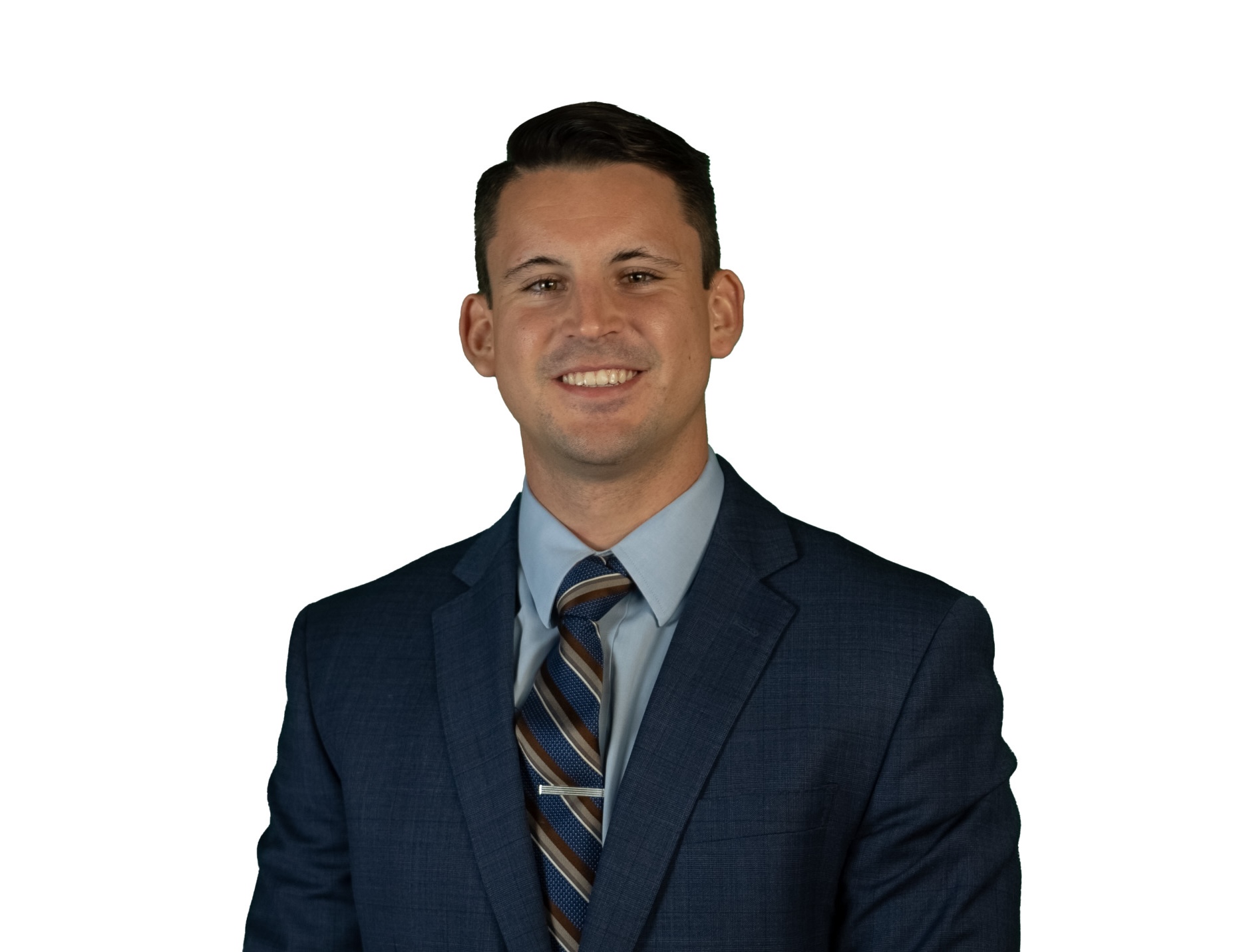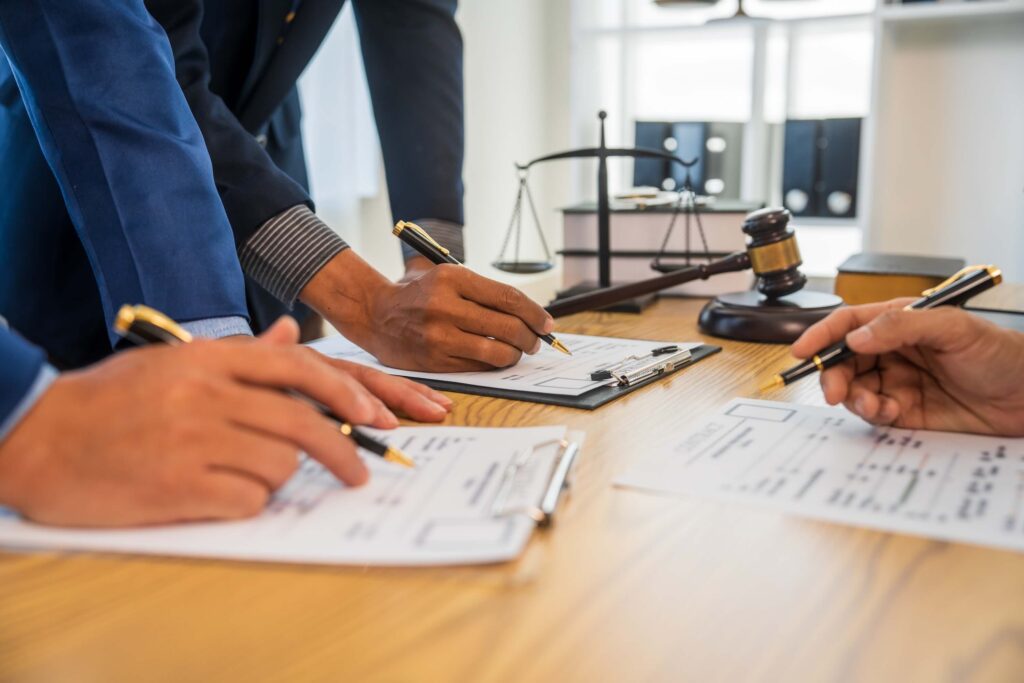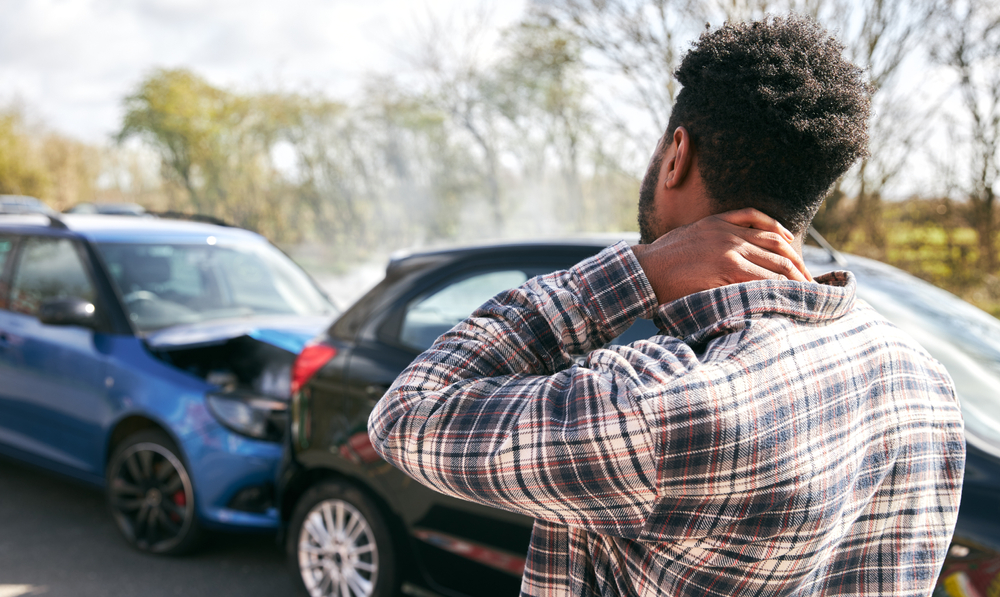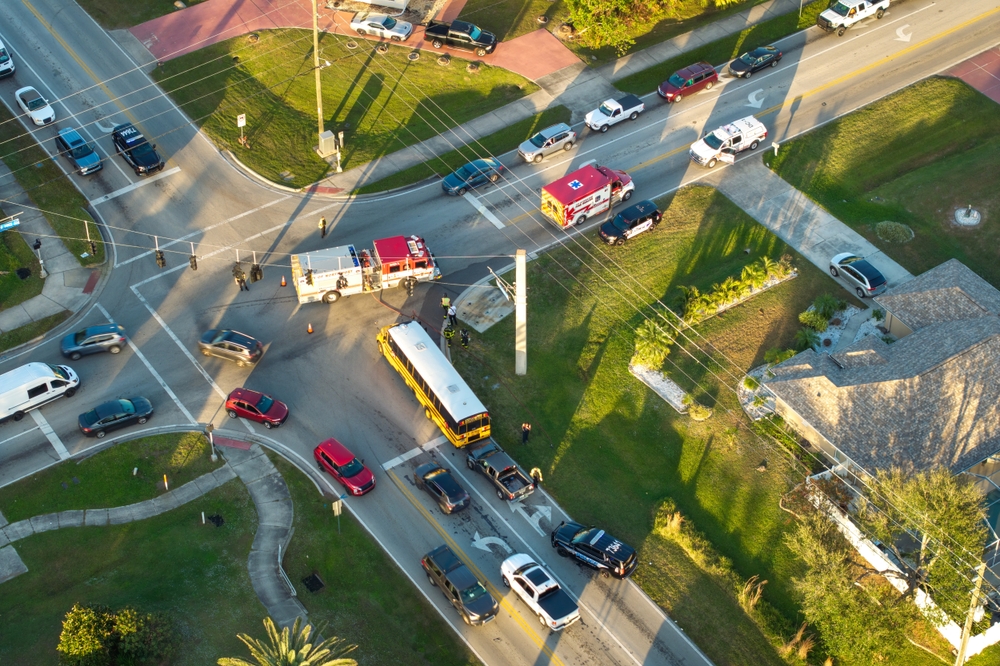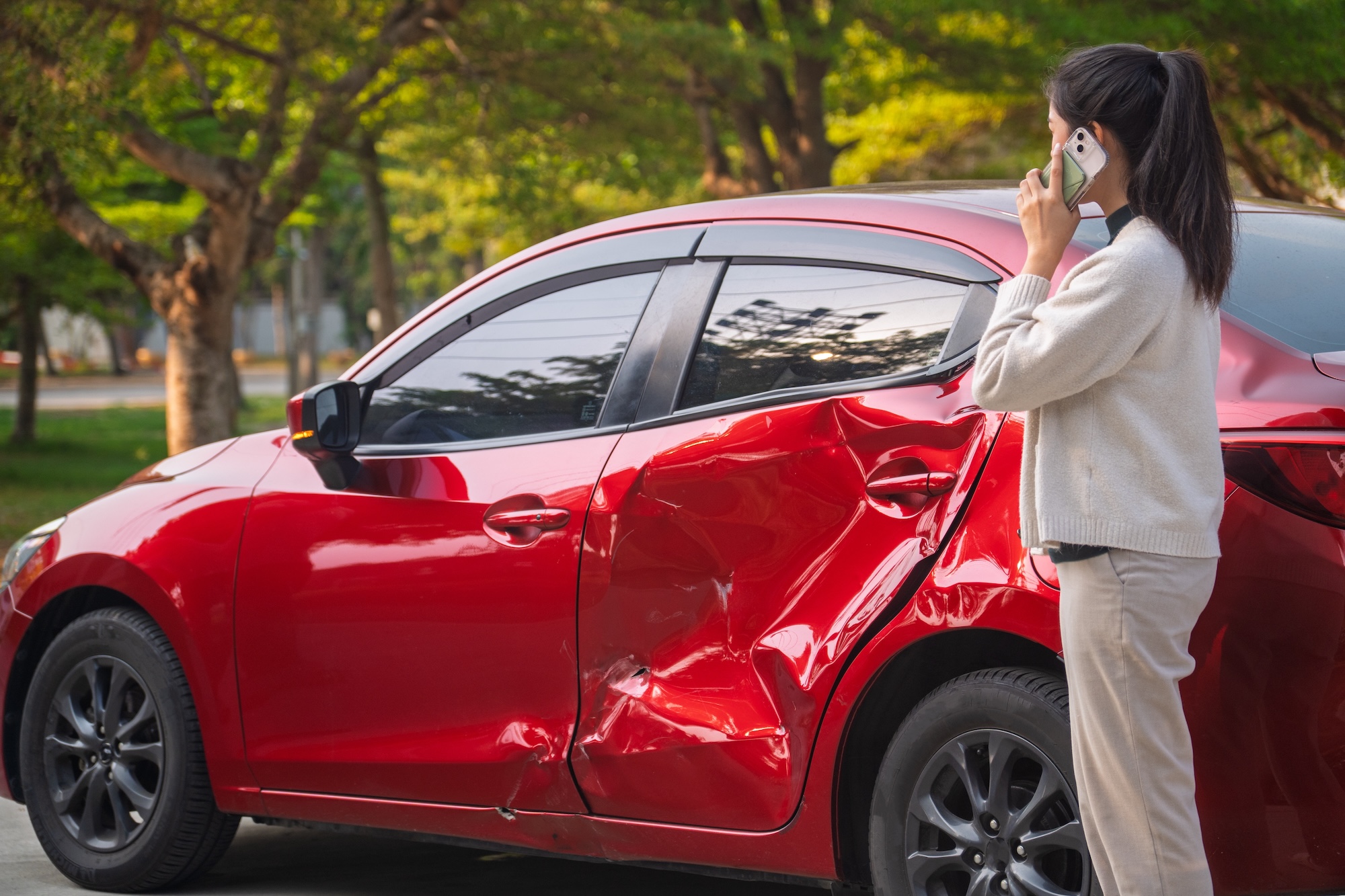Who is Responsible?
Having your car stolen is a distressing experience, and the situation becomes even more complicated if the thief subsequently crashes your vehicle. One of the pressing questions that often arises in such scenarios is whether the car’s owner is liable for any damages or injuries resulting from the theft and subsequent accident.
Understanding the Basics of Auto Insurance
Before diving into the legal aspects, it’s crucial to understand the role of auto insurance. Most car owners have auto insurance policies that cover theft and accidents. These policies typically encompass two primary components:
Liability Coverage
This type of insurance covers the cost of damages and injuries to other parties involved in an accident if you, the car owner, are at fault. It doesn’t typically cover theft-related incidents.
Comprehensive Coverage
Conversely, comprehensive insurance covers non-collision incidents, including theft, vandalism, and natural disasters. This type of coverage is relevant if someone steals your car.
Liability for Stolen Cars
When your car is stolen, your liability depends on the specific circumstances and the applicable insurance coverage:
Liability for Accidents
If the thief crashes your stolen vehicle, your liability typically depends on your state’s laws and insurance coverage. In most cases, if the thief causes an accident while driving your car, your insurance will cover the damages to the other party involved. However, you might still be responsible for paying for damages even if you have collision coverage.
Liability for Damages to the Stolen Car
Your insurance will generally cover the damages to your stolen car if you have comprehensive coverage. This coverage extends to theft, vandalism, and other non-collision incidents. However, you may be required to pay a deductible, which you must contribute before the insurance coverage kicks in.
Reporting the Theft
It’s crucial to report the theft to the police and your insurance company promptly. Police will document the evidence of the event and information from any witnesses in an official report. Failing to do so may affect your claim’s approval and the level of liability you might face. Insurance companies often rely on details in police reports and traffic footage obtained by police to validate claims of liability.
Vicarious Liability
In some cases, car owners may face vicarious liability for the actions of the thief who stole and crashed their car. Vicarious liability is a legal concept that holds someone responsible for the actions of another person, even if they didn’t directly participate in or condone those actions. Here are a few scenarios where vicarious liability might come into play:
Leaving the Car Running
Suppose you leave your car running with the keys inside, and it gets stolen and subsequently involved in an accident. In that case, you might face liability for negligence, particularly if you live in a state that imposes liability for such actions.
Entrusting the Vehicle
If you entrusted your vehicle to someone who didn’t have a valid driver’s license or had a history of reckless driving, you could be on the hook for their actions. The court may consider you liable for the theft and any accidents caused.
Minor Theft
If a minor you know stole your car, you might face liability depending on the specific laws in your state. Some states hold parents or guardians responsible for their minor children’s actions, including car theft.
Take Steps to Minimize Your Liability
To minimize your liability in the unfortunate event that your car is stolen and involved in an accident, consider these proactive measures:
Secure Your Vehicle
Always lock your car when not in use and avoid leaving it running and unattended, especially with the keys inside. Invest in anti-theft devices and park in well-lit areas.
Check Your Insurance Coverage
Ensure you have comprehensive auto insurance policy coverage covering theft and non-collision incidents. Review your policy regularly to ensure it meets your needs.
Know Your State Laws
Familiarize yourself with the laws in your state regarding vicarious liability, especially regarding minors or entrusted drivers.
Prompt Reporting
If someone steals your car, report the theft to the police immediately and inform your insurance company immediately. Timely reporting can make the claims process smoother and help protect you from undue liability.
Be Prepared and Stay Protected
Protecting your property can be stressful. If someone steals your car and crashes it, your liability will depend on various factors, including your insurance coverage, state laws, and the circumstances surrounding the theft. While comprehensive insurance can protect you from financial losses related to the stolen vehicle, taking preventive measures and being aware of your responsibilities can help minimize potential liabilities.
Remember that the best way to protect yourself and your vehicle is to stay informed, maintain proper insurance coverage, and take steps to prevent theft in the first place.
Common Questions Accident Victims Ask Us
If Someone Steals My Car and Crashes It, Am I Responsible for the Damages?
Usually, no, you are not responsible if a thief steals your car and causes a crash.
In most cases, the thief is the one fully at fault. The law sees the theft as a criminal act that breaks the connection between you and the accident. In other words, because the thief chose to steal and drive your car, you are not held liable for what happens afterward.
Can I Ever Be Held Responsible If a Stolen Car Crashes?
Yes, but only in rare cases when you were negligent. This means you did something careless that helped make the theft possible.
- For example, some states have a “Key in Ignition” rule.
If you leave your car running with the keys inside and someone steals it and crashes, you could be held responsible. - The idea is that leaving your car unlocked or running made it too easy for the thief to take it.
To avoid this, always lock your car, take your keys with you, and never leave it running unattended.
Will My Car Insurance Pay for the Damage the Thief Caused to Someone Else’s Car?
Usually, no, your car insurance will not pay for damage caused by a thief. Your liability insurance only covers crashes when you or someone with your permission was driving.
Since the thief did not have your permission, your policy won’t apply. Instead, the other driver’s own Uninsured Motorist (UM) coverage often helps pay for their losses. That’s because thieves rarely have insurance of their own.
What Part of My Insurance Covers the Damage to My Own Stolen Car?
If your car is stolen or damaged during the theft, your Comprehensive Coverage pays for it.
This part of your insurance covers things like:
- Theft
- Vandalism
- Fire
- Falling objects
- Weather damage
But you must already have Comprehensive Coverage on your policy for your insurance company to pay. Without it, you’ll have to cover the loss yourself.
What Should I Do Right Away After My Car Is Stolen?
If your car is stolen, act quickly to protect yourself and your legal rights.
- Report the theft to the police immediately.
- File a police report as soon as you notice your car is missing.
- This report proves when the theft happened, shows that it was a crime and not you who caused the damage.
- Notify your insurance company right away.
- Give them the police report number and details about the theft.
- The sooner you report it, the faster they can start processing your claim.
Taking these steps helps protect you from lawsuits and speeds up your insurance process.
Reach Armada Law 24/7 for Legal Advice
Has your car been stolen or damaged by an unknown party? Do you suspect someone you know of vandalizing or stealing your vehicle? The first step when dealing with a potential crime is to report the matter to the police, but another essential step to take in many cases is contacting an experienced lawyer.
If your situation is unique, an attorney can review the facts and advise on how the law applies to your case. Lawyers help work with insurance companies on complicated claims and provide peace of mind to their clients that their case is receiving the attention it deserves.
At Armada Law, we’ll fight for you to get what you’re owed. Call us at 833-332-3128 for a no-cost consultation today.

